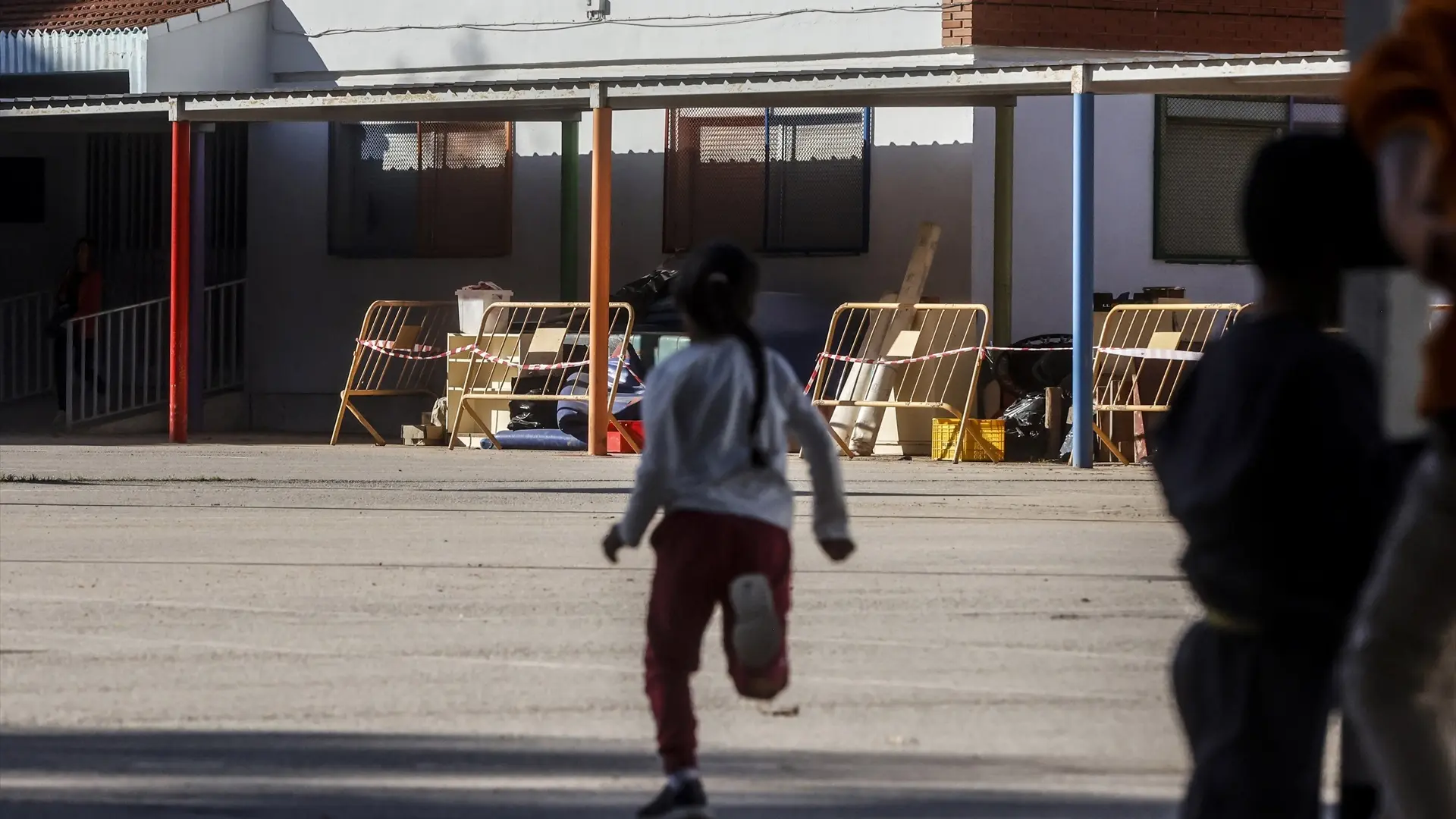The students of all Spanish schools will receive from next academic year onwards compulsory classes on prevention and protection against natural catastrophes. These lessons will be given by technicians from Civil Protection and Emergency Services.
Among the measures of the second Royal Decree on economic and social assistance for the DANAapproved this Monday by the Council of Ministers, is a Training Plan aimed at students and the educational community so that they know how to deal with phenomena such as the eruption of a volcano or floods. It will be a program “mandatory for all educational centers in the country”. and will involve training in several sessions for all non-university students, as detailed by the Ministry of Education in a press release.
“The contents on prevention and protection against natural catastrophes will be adapted to the level and age of the students. and will be taught by technicians from Civil Protection and Emergency Services”, explains the Ministry. The programs will be developed with the autonomous communities.
This training plan will include specific lectures, workshops for teachers and family members, as well as drills in the schools. The contents may be adapted or reinforced according to the phenomena that are more likely or frequent in different areas of the country. The objective is to provide training for the educational community to be prepared to respond to a climatological event. and reduce the risks and impact of an adverse event.
Postponement of FP practices
On the other hand, the students affected by the DANA who are taking Vocational Training and other Artistic Education will be exempted from their practices the first year. and will be able to carry them out in the second year. “The Ministry of Education, in collaboration with the autonomous communities with affected municipalities, will guarantee that all students can take and complete their training,” says the Royal Decree, which states that the government is working with companies throughout Spain to guarantee internships.
Second year students will be allowed to postpone the training practices they have to carry out to the first quarter of the following one, of the 2025-2026 academic year. As part of this plan to make vocational training internships more flexible, the Government has approved to recognize volunteer hours related to their studies.. The NGOS or collaborating entities shall be the ones to accredit them.
Regarding vocational training for workers, the periods for the realization of the training actions will be extended, allowing them to be developed in other authorized centers that provide similar training. Regarding students of higher artistic education, they will be allowed to carry out the external internships in an integrated manner. with the end-of-studies work or with a compulsory practical subject of the specialty.


